|
2/2/2021 Bees: a chorus blogChorus Blog is our opportunity as the team behind Meow Meow Pow Pow to share our interpretation of the themes we ask writers to submit work for. Here is our Chorus Blog on... "Bees." Charming - Marie MarandolaI said, look at the bees in my yellow-flower tree, and he said, a single tree is just a pollinator rest stop and your bees cannot be saved. I said I was thankful for the sunrise and the singing birds, the roof above my head, and he said, not everyone is happy. Don’t be so brazen with your gratitude. I said I’d like to cook a meal for him. And he said, But that’s not the way my mom makes it. I said, Here, I wrote this love poem for you, and he said, why would you use such a cheap word as love? I said, let’s share a home, a life, and he said, Life?! I thought this milkshake was enough. And then he hit the spoon out of my hand. I said that I was leaving, and he said-- Wait. Don’t go. Let’s try again. I mean, we were so perfect for each other. And I said, you know? The slipper never really fit as well as I pretended, and besides, it was only ever made of glass. Reaching Detente - Brennan DeFriscoI am not at home when she speaks to the small workers harvesting lavender, preparing pollen for alchemy, a hundred million year old recipe secreted in the tips of flowers. I am not home when she requests safe passage, a visa to remove weeds, hive minds think alike, so, when she speaks the whole apiary hears her voice-- she notices the sibilance in symbiosis, wonders if buzzing is just an s vibrating at a high frequency. I am not home when she enters an empire of lilies, threat of venom, elegy for allergies, each stinger a splinter in death’s fence along which, my affections require a twist & a steel tip driven into her soft thigh. I am not home when she reaches détente moves through their airspace like a game of Operation & pulls a jade spike from its wiry roots Flight - Alex SimandThe best part of being high is how honey tastes traveling back in time from blossom to pollination how it captures valleys like landscape painters do so you can hear a brook chasing itself through moss or how rain goes bounding through birch leaves how mushrooms sprout in shade Earth convening its pores how wildflowers aren’t pretty not for us never for us but for themselves and for bees taking who give beating bodies into trunk disappearing like ash into bark bark into boulder Sam WilliamsBees. There is no other creature on the planet that is more emblematic of growing up than the bee, to me. I don’t mean in the way the bee works, or flies, or eats, or stings, or lays eggs, or makes honey. It is how the perception of the bee changed over the course of my life. As a small boy I would stop my mother from killing bugs all the time. Sunday School taught me that I should not kill. Therefore no one else should either, correct? Also, there is the golden rule: Do unto others as you would have them do unto you? I don’t want to be killed; therefore I won’t try and kill anyone else, including bees. As my mother rolled up a newspaper or a magazine I would rush and place myself – standing somewhere around her kneecap – between the bee and her. I would raise up my arms, palms open, fingers outstretched and should, “No mommy! Don’t kill it.” My mother would put down whatever killing tool she had in her hand and watch as I ran to grab my step stool, race back to the bee and climb the tiny ladder. With nothing but my bare hand I would lead the bee – or the ant, the spider, the roach – into my other hand, cup the creature and place it outside in the grass. I knew bees liked flowers, so if the bee did not fly away, I would pluck one from the garden and engulf the bee in the pedals. Almost always the bee would do its work and take off. I suspect my mother would hide the bees that did not make it from my eyes. As I entered kindergarten, and grade school, I learned of bee allergies. Having no allergies in the whole family I’d never encountered the concept that someone could potentially react poorly to something else. But on some Tuesday in November of First Grade – I remember because it was Turkey Tuesday, where we traced our hands and, well, you know the rest – a bee flew in, evidently avoiding the blistering cold. My friend and one other classmate were excused from the classroom. I asked why, and our teacher had to explain that they were allergic. The classmate who sat next to me said, “Yeah. They could die.” What a horrid thought. My friend dying from what? A sting? The vice principal came down and tried to smash the creature to smithereens. I got up to save the little winged fuzzball but the teacher ushered me back to my seat, saying it would be safer if the bee died. I wept silently as a thwack sounded in our room, and my teacher gave the thumbs up as the Vice Principal left. After this experience, bees equated to fear. Bees could sting. Indeed, I got stung once in the third grade where the stinger stayed lodged in my bicep and the skin started to heal before a neighbor took tweezers to it. Every time a bee entered my vicinity a dread would hit me in my throat and cascade down into my heart where each beat felt like a stab. And yet, as life moved forward, so did my understanding. I had been taught the old mantra that “It’s more afraid of you than you are of it.” Yet this did not stick until a biology course, a college education, and a manual labor job passed me by. The biology course taught me the incredible significance that bees have as one of the main pollinators in the world. The college education, specifically as a sociology major, taught me to observe power dynamics. And the manual labor job put me right in the midst of bees on the daily basis. I worked on a property that housed senior citizens and worked as a gardener for a summer internship. There I weeded the flower gardens every day. In the sunlight, I would step deep in between the flowers and immerse myself in what amounted to a beehive, just without the hive. This took a bit of praying and a breath to get myself to do. The honeybees flew all around me. They landed on me. They tickled my ear. They walked on my beard. They’d sandwich themselves between the fingers of my gloves. It took the wisdom of the grounds keeper to get me to see everything. He didn’t say that much either. The man, who looks much like an American Hagrid, simply walked up and said, “They won’t hurt you. They don’t want to. Look, they’re surrounding you.” Imagine the benevolence of such creatures. Here I stood, a walking giant capable of bee genocide if I wanted, and all the bees would do is fly around me, and occasionally act on their curiosity. Any fear of bees left after that summer. They’re such a beloved creature in my home that when I, or my wife, see them we watch for half a minute or more as the bee’s buzz around. When one comes in my home, I usher it out gently, but still don’t feel quite capable of putting it into my bare hand. But boy, do I want to. And that’s pretty much what adulthood feels like to me. An attempt to realize how baseless your fears are and try to get back to the unimpeded innocence and joy of childhood. Pine Honey - Cassandra PanekAugust. The Pine Barrens. Alarmed flyers warn of the invasion of the Spotted Lanternfly. Pictures showcase its vibrant red and spotted wings. It’s pretty. If seen, it should be killed, bagged, reported. I take a nature walk and make pine needle tea. July. Penn Campus. Twisted shells on the pavement, still identifiable as spotted lantern foe. We don’t bag and report them anymore. They’re already here. Everyone knows. The flyers didn’t mention they were fast, leaping, hard to kill. Nothing wants to eat them yet. May. A patio. I’ve been spraying nymphs with neem oil. Right in the face. They don’t leave, they just frown. Will this interrupt their life cycle? It’s certainly not killing them outright. I murdered the first adult yesterday, squashed it with my phone, left the body as a warning. Two wasps are cannibalizing it. September. A doorway. They alight on screens. They sound big like locusts. I startle and swear. They sucked the sap from my blackberry canes and flourished. Foliage is covered in their leavings; honeydew is secreted by aphids, psyllids, and spotted lanternflies. Bees collect it when nectar is scarce, often early spring and late summer, culling from fungus and scale and oak dew too. When collected instead of floral sweets honeydew produces ominous cells of shining black nectar. It transmutes from insect waste to a dark, heavy-flavored substance through bee alchemy. Called forest honey, çam balı, miel de sapin, names to highlight region and obscure origin, honeydew honey boasts varied flavors of malt or mint, tastes sweet or spicy, and is suggestive of sap. Its nuances are as varied as the countries where it’s more common than the mono- and polyfloral varieties favored in the eastern United States. October. A pandemic. I trapped a lanternfly under a candle globe and now I have a perfect deceased specimen. They’ll all be dead in a few cold nights. The bees are growing sluggish. I’ll be bold. I’ll peek in the hive, consider the combs, scour for oil-rich cells. Then I’ll hunt the woods for egg masses to scrape down and destroy. Killer Bees - Jane-Rebecca Cannarella for Jumpin’ Jim Brunzell and B. Brian Blair Bewilderment was once black and yellow stripes, high flying initially, and independent eventually. Stings took the shape of multiple Mashed Confusions; all men in the square dressed similarly from flyers to referees and puzzled opponents with the zigzag shadows of every man as a masquerade: dancing with bounced step. Achieving victory in the before days, duos of bzz eliminated their opponents, and royalty came in the form of mass bodies in competition. The insects faced survival among more complex predators, but were hacked from a perched branch. Stocks slipped, two cards once in a row shuffled out of order; the stinging was unsuccessful in later years. Final days were spent feuding with leather straps. Everything confusing ultimately gets demolished. Out of the eyes of others, the team tore apart. Driven from a crowned queen and honey in the hive: entwined entities shifted to singular preliminary bodies: as fragile as larvae broken from the brood. The stinging stopped; and it marked the end of the black and yellow days of Bees. Levi RogersI once lived in the state of Utah, which is known as the Beehive State. Its state emblem is the beehive and the state insect is the honeybee. All the good Mormons were supposed to be like worker bees, working towards a common good. That's what the beehive was supposed to represent—industry. In fact before Utah was called Utah, it was named The State of Deseret by the followers of Joseph Smith. Deseret in the Book of Mormon means bee. Another interesting fact: There's even a small newspaper there called The Mormon Worker that's all about mormonism, pacifism, and anarchism. Whooda thought there was such a thing as Mormon Anarchists? Last week, a honeybee stung my daughter. We were at my mom's house in Hood River, Oregon. The bees stung my mom too. They were ground bees, which I didn't know were actually a thing. No, that's not true, ground bees once stung my wife. They came out of a dead stump in our driveway. It's strange because I myself have never been stung by a bee in my entire life. Top 5 People WHo Have Played Bees ON TV - H.in no particular order...
Dan Akroyd John Belushi B. Brian Blair Jim Brunzell Heather DeLoach 12/31/2019 2019-One-Line Move Reviews of 2019
I refuse to see Little Women, no matter how good I've heard it is, because I am so emotionally dependent on that one from 1994. The Irishman: A very moving meditation on death, aging, reaping, sowing, crime, the canon of Scorsese movies, and the waste of using so much money on anti-aging CGI.
Knives Out-Just a fun and good mystery movie by Rian Johnson (Brick, Looper, Last Jedi) where Chris Evans plays an asshole in an excessive white sweater alongside a phenomenal cast. 7/3/2019 Chorus Blog: Play“for you, anyway” by Liz Bergland your skin smelled like cinnamon. tasted like salt. your lashes brushed against me when you slammed your eyes shut. their force knocked me to my knees, layering bruises on bruises, and that was the end of the game.
* sad hockey image taken from here
2/7/2019 Chorus blog: Love Letters
I hold a random bundle of post-it notes to my chest to staunch the river’s flow of loss, like the loss of years and the loss of youth and the loss of moments I forgot to commit to the notes to remember so then I’ve forgotten them. Footnotes to a life lived as a time machine. Years ago I set-up a calendar alert for Valentine’s Day and made it seem like it was a love letter from a stranger. On the day I got it, I thought maybe you snuck on my phone and programmed the surprise. Then I remembered. In the years passing, I would send myself candy grams during office Valentine’s Days. And I never forgot who values me the most. I delete the text you sent me. Love Letters by J. Sam Williams
11/26/2018 Rust Chorus Blog
Untitled Liz Bergland Louisa hated these trips to the surface. The masks smelled like feet, and the canned oxygen tasted like plastic. The recycled air and close quarters on the station weren’t much better, but at least they weren’t pressed against your face. At first, going down to the planet had been worthwhile. They searched for survivors, even found a few people who had managed to seal themselves in with enough plants to keep the carbon cycle going. Now, though, they just looked for salvage —electronics, fuel, medical supplies, rare plastics—and food. Anything refrigerated had rotted long ago, and even the canned goods were inedible by now, but thanks to the station’s reconstituter all they needed was organic material. Without aerobic bacteria the bodies hardly decayed at all; they’d have all the flavorless protein goop they could eat for at least a few decades. “Look!” She looked up sharply at the urgency that broke through the tinny tone of her headset. Tetsuo was walking quickly towards the skeleton of a high-rise. They must’ve just started building it when the photosynthetic plague hit; it was little more than steel beams jutting into the sky. Like metal saplings, thought Louisa, trying to feel the sun. She caught up with him, breathing heavily as her space-atrophied muscles strained against the weight of gravity. “What?” He ran his gloved finger along one of the beams and held it up. The tip was a reddish-orange. “Rust,” he half-whispered. Louisa looked at the smear, uncomprehending. “Yeah, so?” Tetsuo’s full expression was hidden by the mask, but his eyes shone and the skin around them crinkled. “Rust means oxygen.” His voice creaked. “Oxygen.” She felt light-headed for a moment, then remembered to breathe again. kola diviya by Jane-Rebecca Cannarella The rusty-spotted cat is tiny and streaky and rare; and I’m told that despite my interest, I won’t be able to adopt one. They live in Sri Lanka and India, and they make their homes in the rapidly diminishing deciduous forests. Obtaining one would be impossible, or so it’s explained to me by the animal shelter on Morris Street. But, I mean, I can make a forest of my apartment if necessary. Fill it with trees and we can live underneath one at the end of the growing season. I’m told the tiny wild cats are protected, but I can protect them here, too. My current cats are big as hell and none of them are spotted with circles of iron oxide - none of them would want to venture into a tree or cave to escape a predator or, more importantly, a responsibility. My cats are average-sized wards of my wood-paneled home, they ask a lot of questions about my plans for the future in raspy sounding mews whenever I call out sick from work. But just like the rusty-spotted cat, there is so little I know about myself - so the fact that almost nothing is known about rusty-spotted cats works for me just as well. We could live together in anonymity comfortable in not knowing. Spend the days in the vegetation of my deciduous home experiencing the shelter of a solitary life. We’d only emerge at night to hunt out the snacks in the fridge and talk to one another about dreams, make meaning out of the stars blistering in through my ceiling. And the joined unity would be enough - they can keep their secrets and I can keep mine, and the little pack of mini cats and I could sleep in a circle in cavernous regions of our home. So, I’ll keep hoping that one day I can adopt one, and we can protect one another. third image is William Cheselden's Osteographia
fourth and fifth image are Illustrations of Madness: James Tilly Matthews and the Air Loom 8/13/2018 Stone the Crow Chorus Blog
Marie Marandola - BAGGU for Irving Farm Coffee Roasters I bought the bag with the crows on it at the station coffee kiosk, back when I was still learning to ride trains by myself. “Do you know the difference between a raven and a crow?” the cashier asked. I shook my head. “Crows are the ones that travel in groups,” he said. “They menace and caw. Whereas ravens are bigger, with hooked beaks. You only ever see one or two ravens in one place. And the sound they make is more of a low croak, or a growl.” My coffee was free that day. The bag’s been with me since. A friend mentioned recently that, although he doesn’t mind the single life, he misses having someone to make breakfast for. I don’t. These days, I like waking up by myself in undiluted darkness. When all I can hear is the murmur of Law and Order reruns circling my neighbor’s TV while she sleeps—and only if I strain to hear it. If I strain to hear it, I can remember a time when my skin ached from lack of touch. When I cackled and flapped about with need. When my own breath wasn’t enough to circulate love through me. A lonely girl with a cache to fill, wandering hazy through an echoing commuter hub like a half-remembered dream. Now, awake, I brew strong tea and test my voice to the sound of no one snoring. I paint my eyelashes into black, long-feathered wings. Outside, dawn breaks. I skip breakfast altogether. I want to live on air.
5/10/2018 Wrecked Chorus Blog
 Relationship Haiku Levi Rogers A self body bag I wrapped for you, trekked with ropes From the sea, perfect: wrecked. [wrecked] J. Sam Williams Never been drunk. Never been wrecked. Never smoked weed or a cigarette. Emotional trauma wrecks me enough. Gluttony wrecks me enough. Lust wrecks me the most. Sin is my wrecker and death my destructor. Try and purge all from my mind. I don’t have time to focus on the rest.
photos supplied by Cassandra Panek with the exception of the last two
2/2/2018 Shadow Work Chorus Blog“Everything that we see is a shadow cast by that which we do not see.” Martin Luther King, Jr. “Things need not have happened to be true. Tales and adventures are the shadow truths that will endure when mere facts are dust and ashes and forgotten.” Neil Gaiman Welcome to Shadow Work Levi Rogers When I hear the term “Shadows” I often think of The Nazgul, the Ringwraiths of Minus Morgul in Lord of the Rings who live in the shadowlands. Their black shadow cloaks and the fog they summon. Or of J.K. Rowling’s Dementors, based on her experience of depression. Or of Plato’s cave in which the shadows projected across the cave wall from the fire are an illusion of the real. I think of what Bane says to Batman in the The Dark Knight Rises: “I was born in the darkness, you merely adopted it.” Or of this marvelous essay by Gayle Brandeis on her shadow son: here. I also think of the Enneagram, it’s notion of shadow work, and the exploration of my own shadow side. The Enneagram is a collection of nine, inter-related personality types that describe one’s psyche, modes of behavior, strengths and weaknesses in order to (hopefully) set you on the path to your true self. Each person has a specific type or number with a set of “wings.” When one is living within their numbers and wings, they are living in a healthy balance. However, each personality type also has a darker side, literally called a shadow side, which they must also learn to deal with. If one works through the Enneagram you soon learn that this shadow work becomes a necessary part of the process on the path to discovering your true self. Just because they’re called shadows doesn’t mean they’re bad or evil, like the aforementioned Ringwraiths; in fact, the Enneagram teaches that one must embrace their shadow side. We must embrace this shadow work. In our writing, in ourselves, in others even. This is Shadow Work. Let’s begin. My Shadow Self
Alex Simand My shadow self is a gibbon with a sash strapped around her neck. When you ask about her ribbon she says she'll never tell about the gushing gash or the river that came before. Instagram means our wounds are medals, brown packages tied up with strings, bondage as beauty. My gibbon bares her teeth because, in the world of demented apes, molars are a mark of the bipolar, because, in the world of shadows, it's better to share your marrow than it is to trudge along with a club slung over your shoulder. After dinner, my shadow gibbon drips onto the throw rug so we must put it out for the night, grip a rolled-up newsprint flat in the hand, though she whinnies and flees for the nearest tree. You can’t see her, but you know she’s there. You know she’s watching. That’s the thing about the shadow self: she’s precisely an Elf on the Shelf, except your mother cannot reach her, except your father will always blame you when she lands on parquet and it will be you who turns to smithereens. featuring cover from the illustrator FD Bedford Marie: Peter Pan I don’t think I’m allowed to let this theme pass us by without admitting that I’m obsessed with Peter Pan. What started as a relatively normal childhood game of pretend, a play enacted and re-enacted with my mom’s best friend’s son and our collective team of younger brothers, has in my adult years turned into something much larger and deeper. No longer does my love of the story hinge on the possibility of flight, or my desire for eternal youth, or the availability of rad merchandise at Hot Topic; now, I’ve become steeped in its shadows as well. For the story of Peter Pan is full of shadows, both literal (the boy’s shadow lost and regained at the beginning, the children’s silhouettes against the moon, the depths of the Neverland’s forests and jungles) and metaphorical. Wendy must stay home and darn socks by hearthlight while Peter and the boys whisk away on various adventures, and although she is arguably the story’s true protagonist, it is not for her that the book is named. As a woman, she exists only in the shadows of a world that favors men. In theatrical and movie versions of the tale, Mr. Darling and Captain Hook are traditionally played by the same actor, a casting choice that throws a pretty heavy Daddy-Issues shadow of its own. But, what I find most interesting, is knowing that when J.M. Barrie was first creating this world and its characters, it wasn’t Peter with whom he most identified. Barrie wrote Captain Hook to be an embodiment of the darker parts of his own character: his insecurities, his temper, his fear of whom he might too easily become. The author and the villain even share the same first name: James.
featuring the covers of the Ballantine editions Sam: Lord of the Rings My favorite use of shadow in a narrative has to be in Lord of the Rings. Both in the books and in the movies, the "Shadow of Mordor" is a vital piece to the narrative puzzle. Think, in LotR there is never a concrete villain. Sauron is just a magical eye (or cat butt) depending on who you ask. There are what amounts to faceless Orcs and some video-game-like bosses in Saruman and the Witch-king. All of these villains together make up the one true villain, the force that Frodo and Co. are fighting against—the power and influence of Mordor. Tolkien's villain is nothing more than the idea of what is to come, the shadow of a future that will curse and kill everything Frodo loves. This is what makes the use of Shadow in LotR so effective. It's a looming presence that feels insurmountable. How do you kill an idea? You go to the source of the idea and refute it. The idea is of ultimate power, an evil-godlike dictator. The ring of power suggest to those who wear it that they can be that person, that they can use the power for good. But, as we learn, absolute power corrupts absolutely. And Frodo fails to refute this idea.
featuring covers from the Little, Brown and Company issue and the William Morrow & Company Janie: Black is the Colour of My True Love’s Heart When thinking of a work that utilizes shadows, this title is the first thing that came to mind, Black is the Color of My True Love’s Heart. It’s a mystery novel that I read when I was twelve while on vacation. Maybe it was the title, which would sorta indicate a utilization of color theory. And color theory makes me think of contrast and contrast makes me think about manipulating shadows and highlights in Photoshop. I looked up the book and its plot, since the only things that have maintained since I first read it is the enthusiasm I had while devouring the whole book in one day and that it was a mystery. Everything else was relegated to the dense cloud of memory. As it turns out, I remember nothing of it. I was genuinely surprised when I read the plot—I had to re-read the plot twice to be, like, “there were folk musicians involved? I thought this was set in Victorian England? Is this actually the same book?” (It was). And maybe that’s how shadow work unintentionally functions in this narrative. The plot of this mystery is now a mystery to me in my old(er) age. The only thing that has struggled through the shadows is the memory of enthusiasm and enjoyment while losing myself in the reading of this book. What creeps through the dust of one’s mind is reduced to a fragment, a feeling, a snapshot of a time that was lived and now not-lived. This plot has been lost in the shadows of my mind for twenty-one years—maybe it’s time for me to bring it into the sunlight of remembrance again. "The plot of this mystery is now a mystery to me in my old(er) age. The only thing that has struggled through the shadows is the memory of enthusiasm and enjoyment while losing myself in the reading of this book. What creeps through the dust of one’s mind is reduced to a fragment, a feeling, a snapshot of a time that was lived and now not-lived." |
AuthorOur fabulous blog team Archives
June 2024
CategoriesAll 12 Songs Art Art And Athletes Book Review Chorus Blog Date This Book Game Of Narratives Guest Blog Letter From The Editor Lifehacks Movies Of 2019 Music Pup Sounds Smackdown Strive For 55 Summer Playlists |

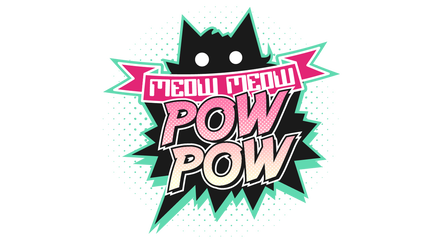
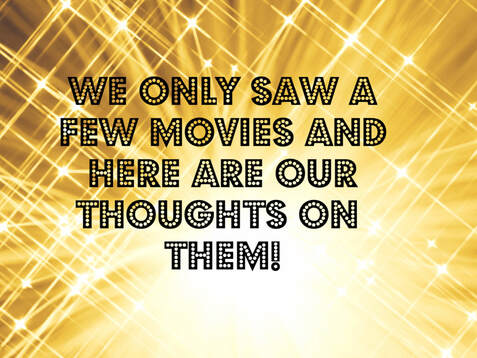
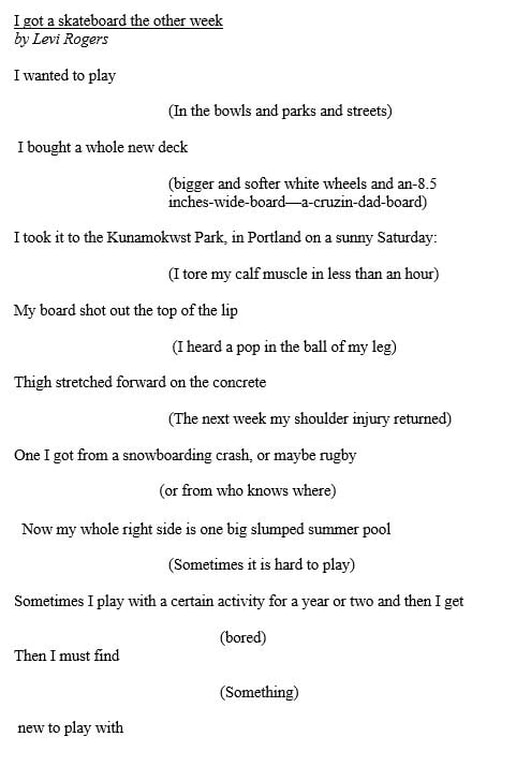
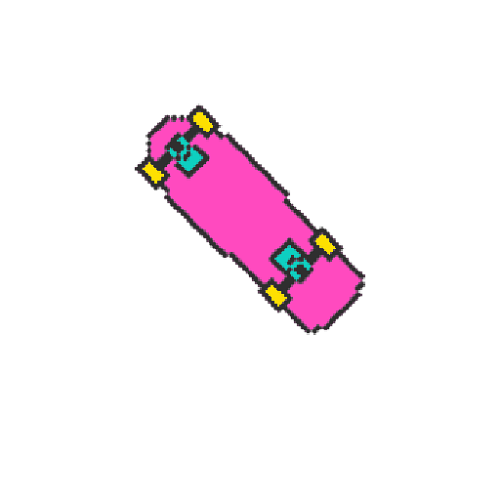


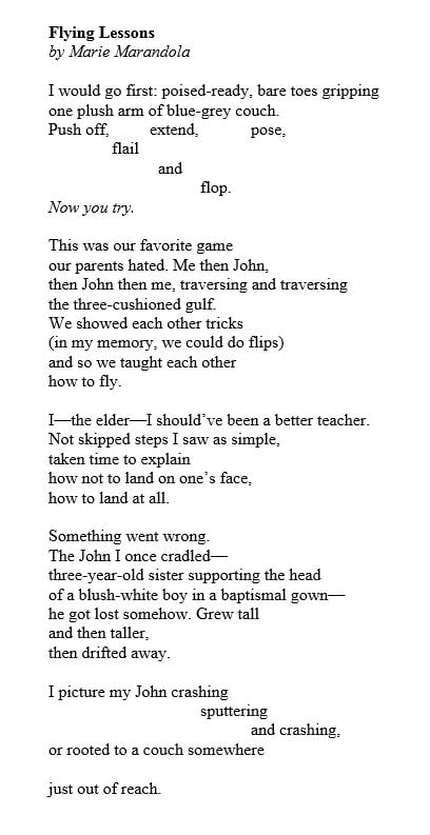
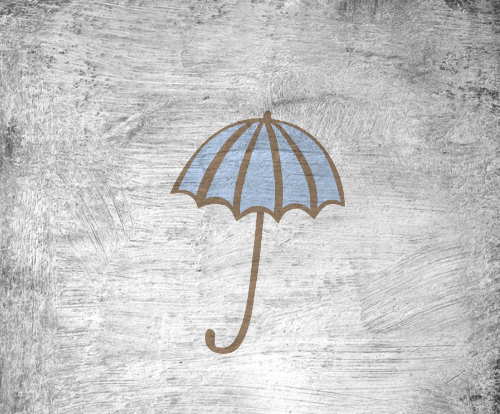


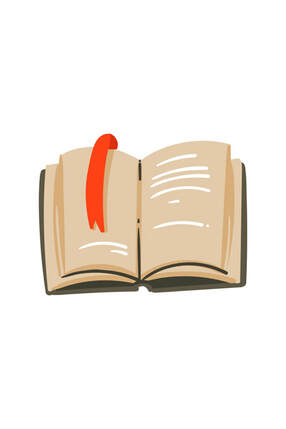
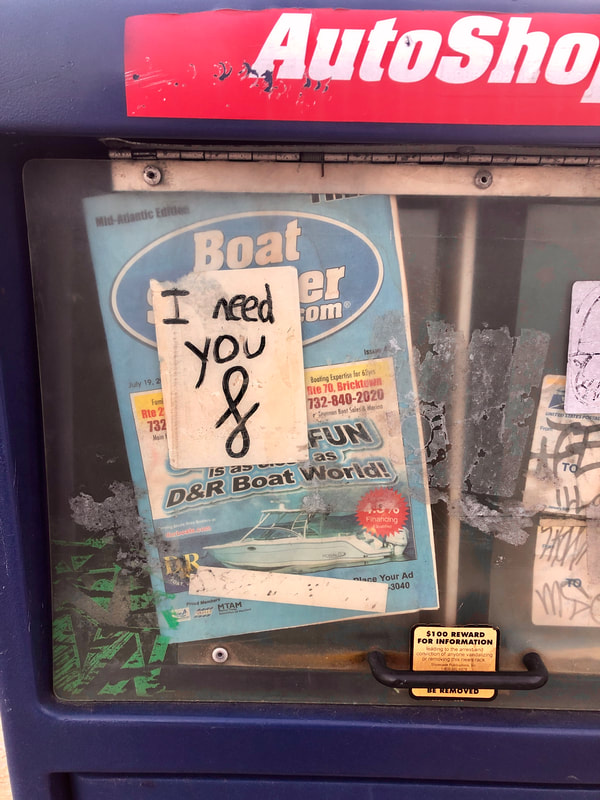
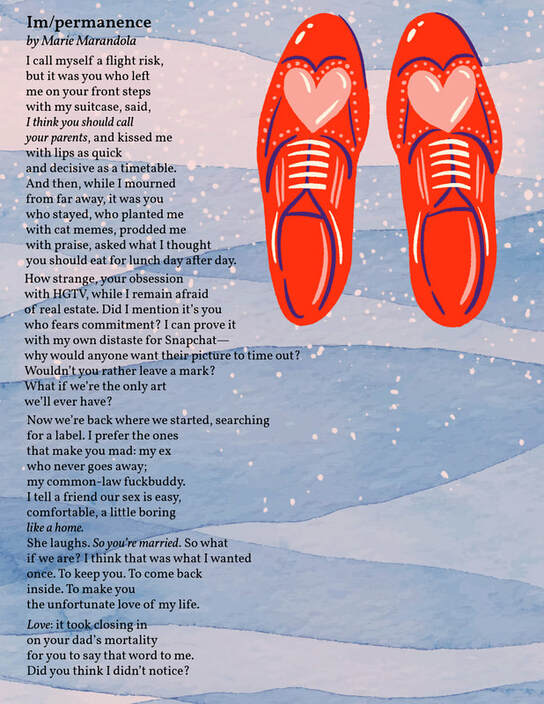
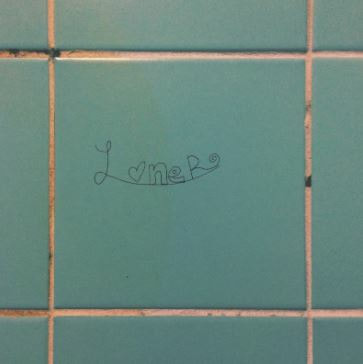
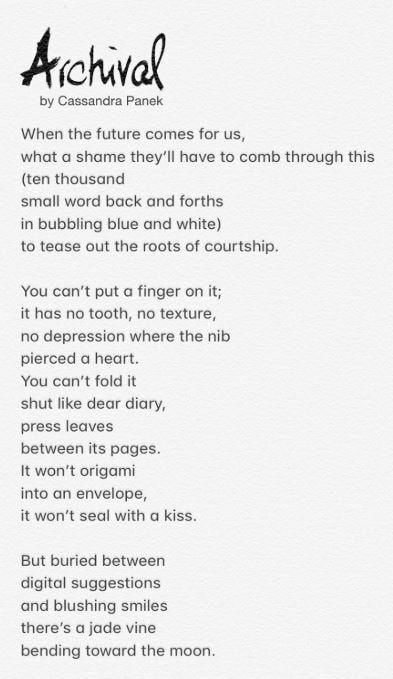


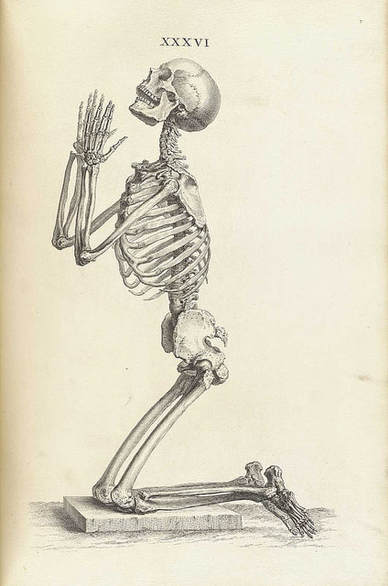
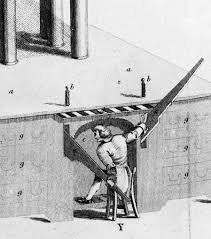

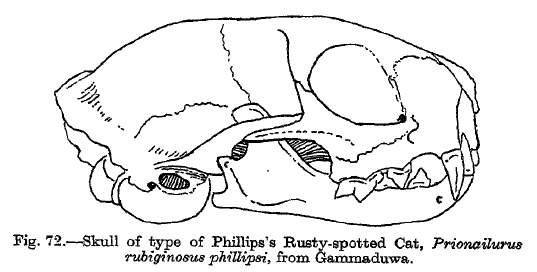
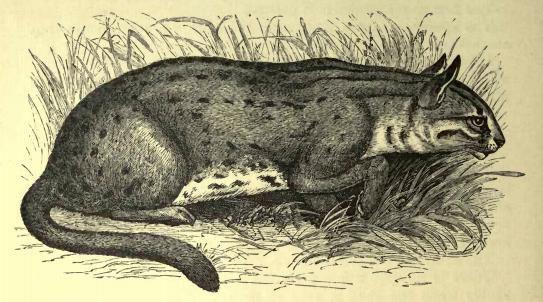
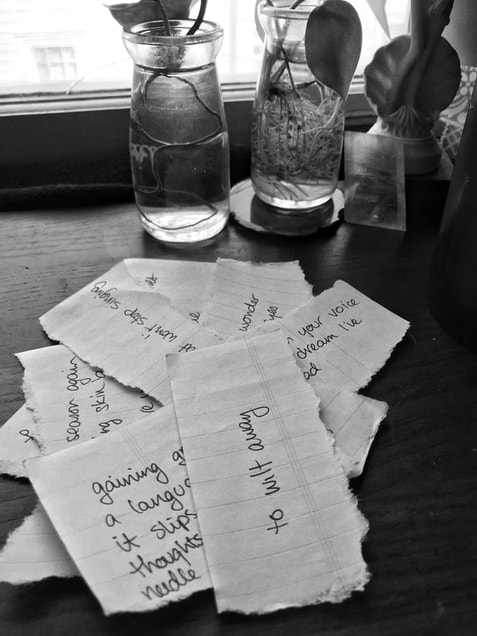
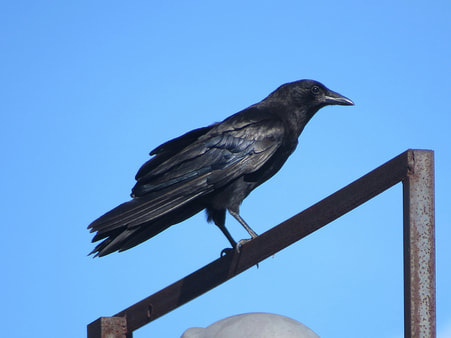
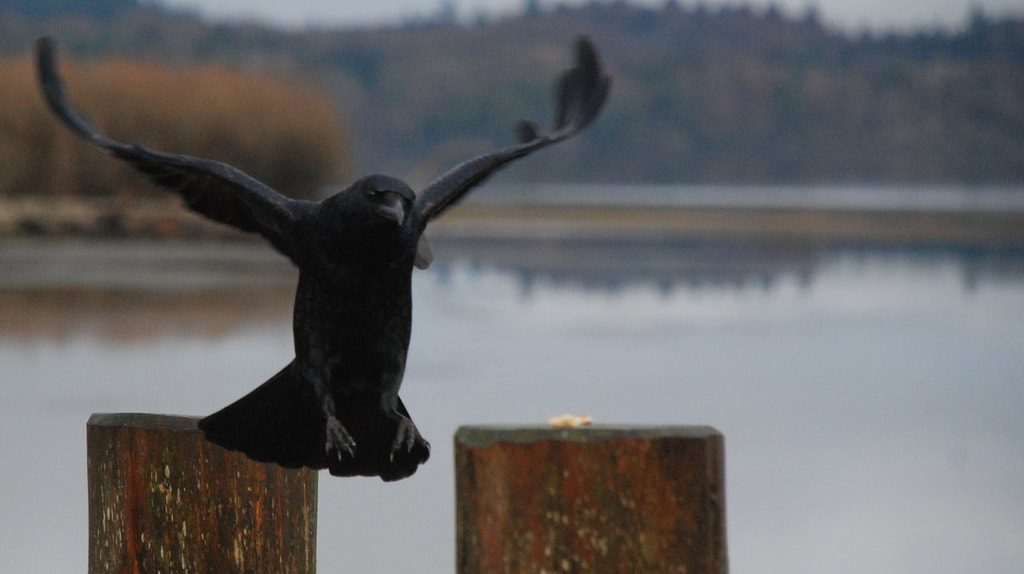

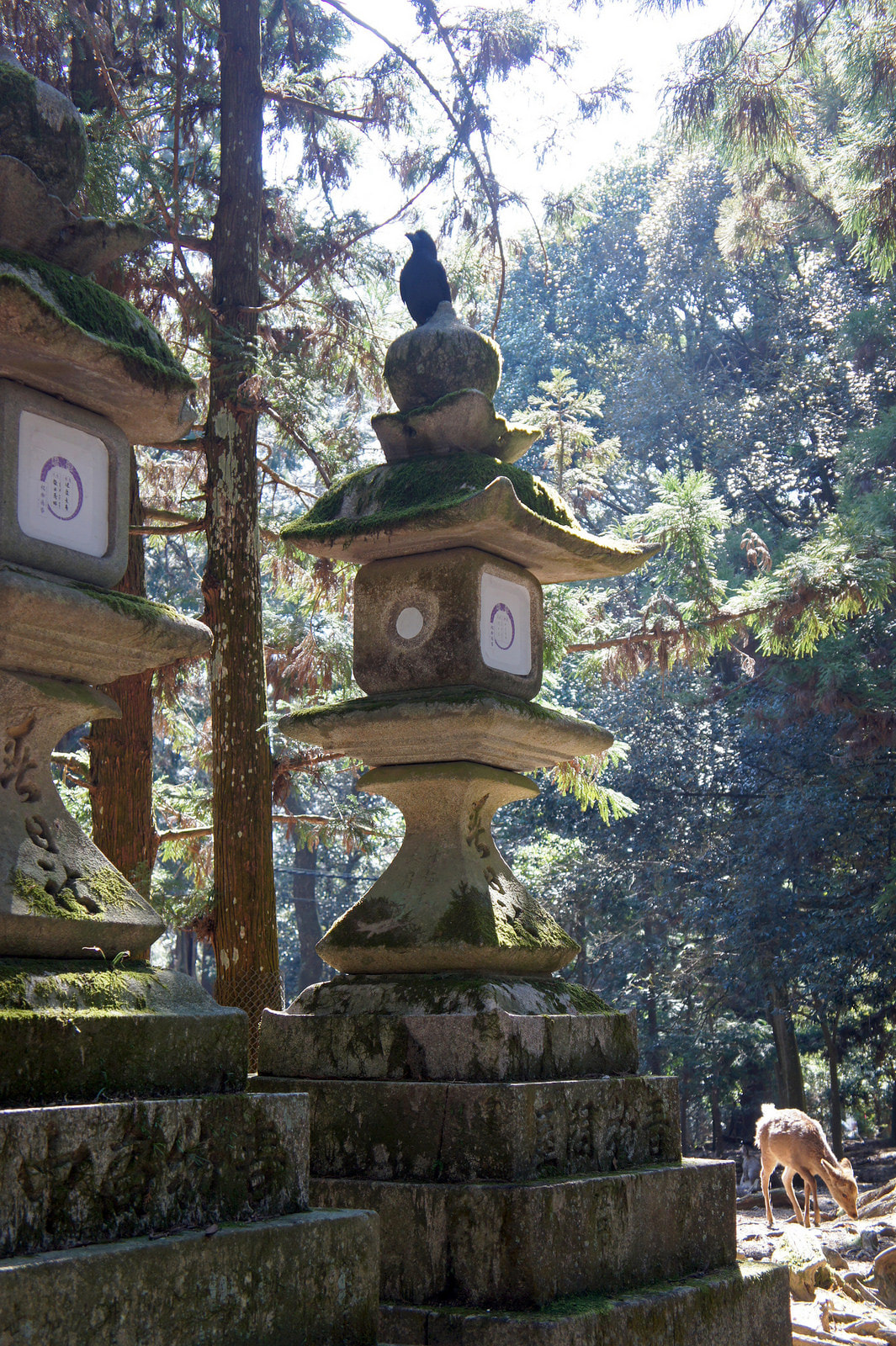
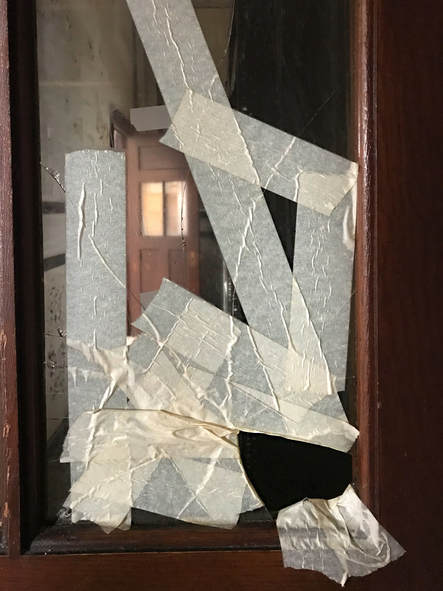
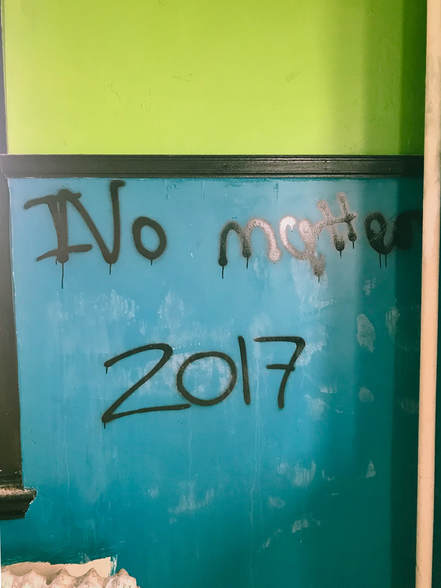
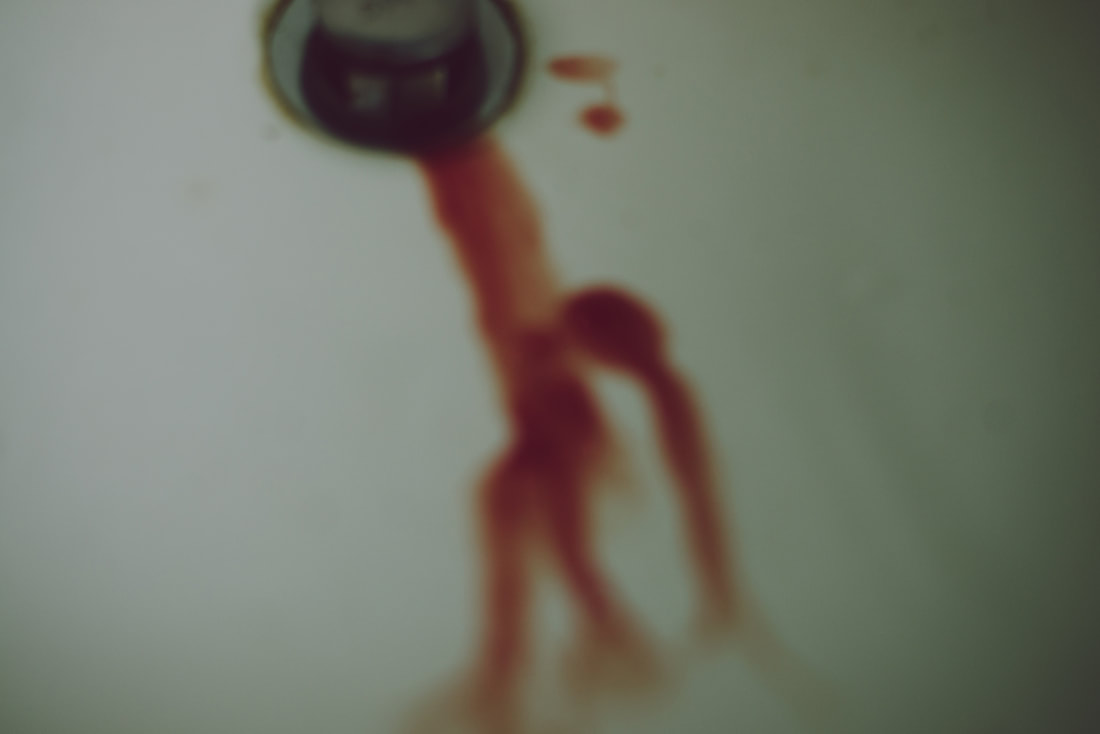
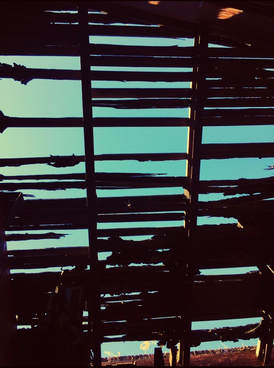
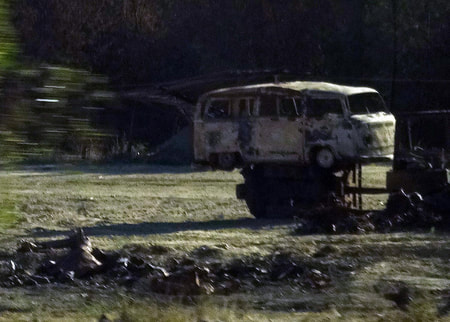
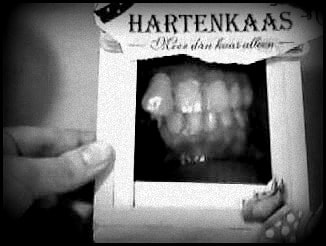
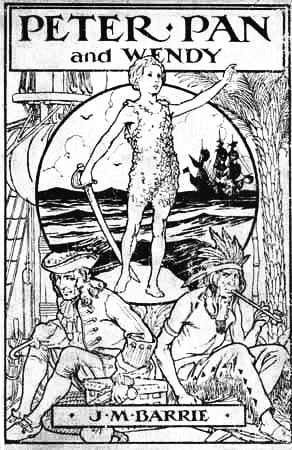
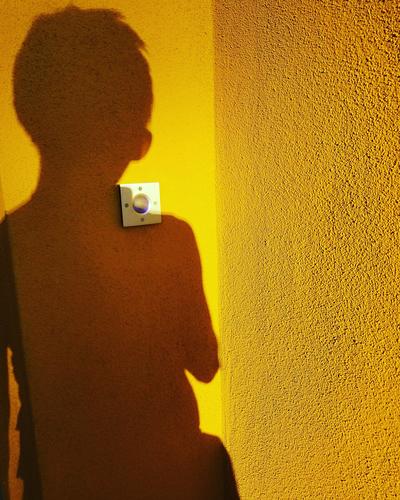
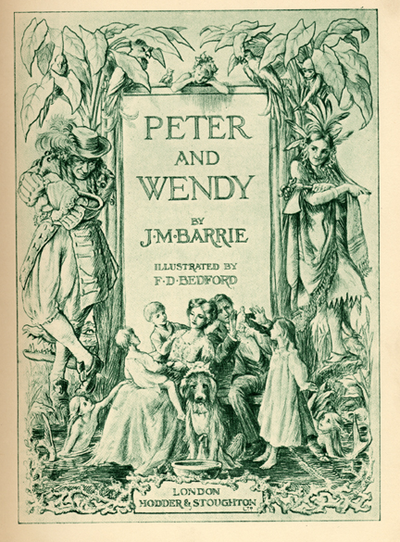
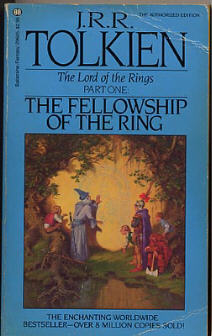

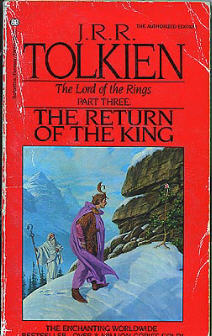
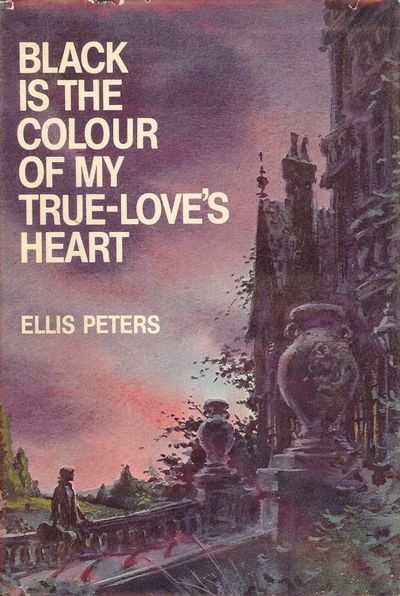
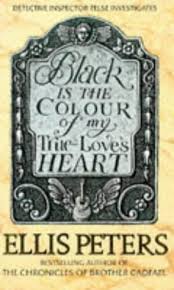
 RSS Feed
RSS Feed